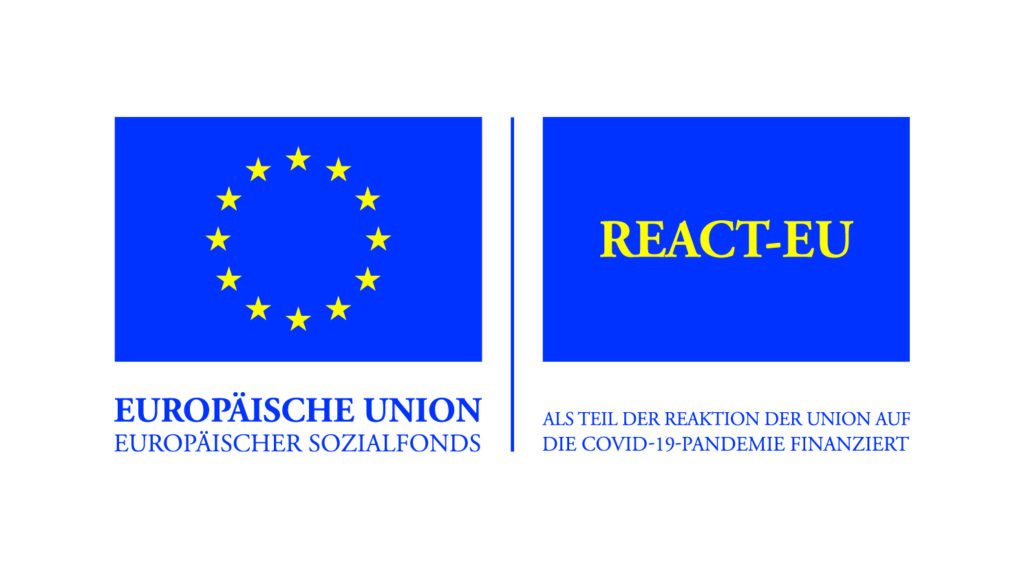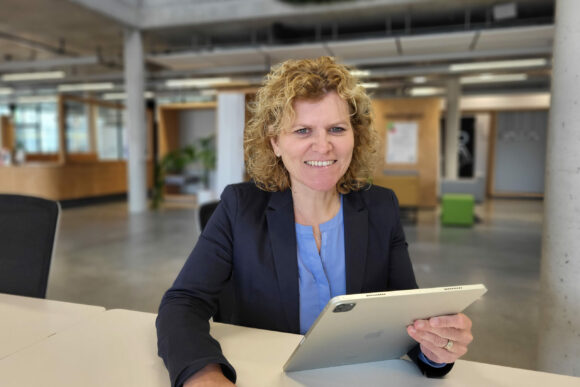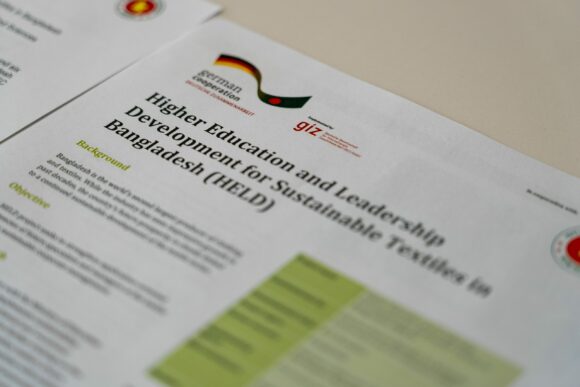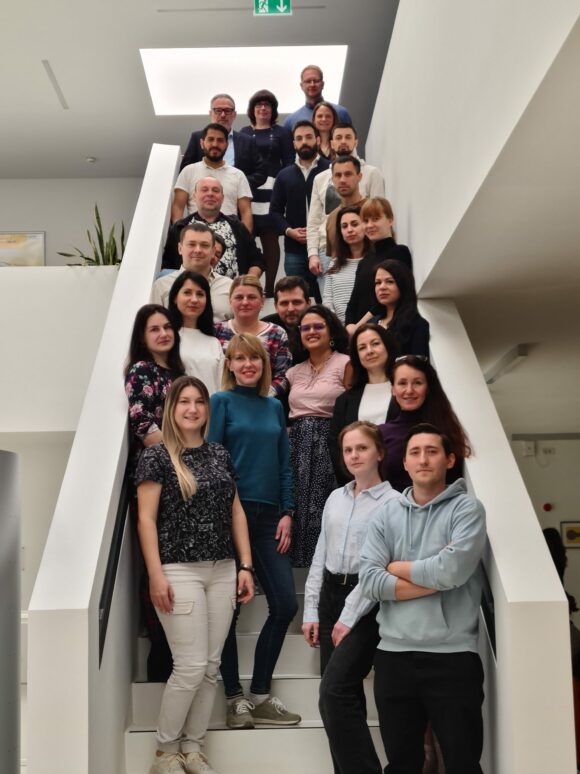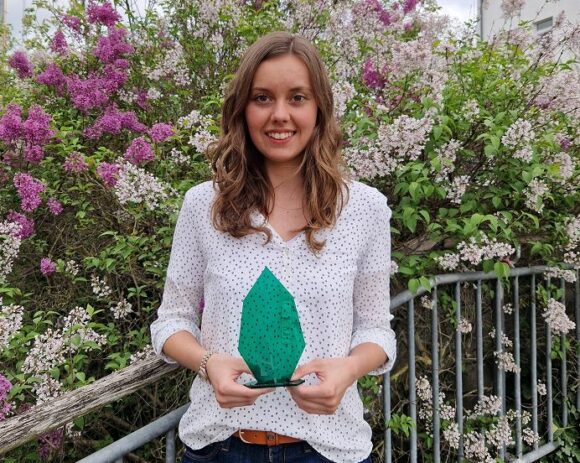At the beginning of 2022, the Institute for Water and Energy Management (iwe) at Hof University of Applied Sciences will launch a project focusing on regenerative local heating networks. The aim of the project team, which currently consists of four members, is to transfer knowledge and provide further training for all stakeholders, from manufacturers to operators, as well as to network and strengthen the Bavarian local heating sector. The project is funded by the European Social Fund with just over half a million euros.
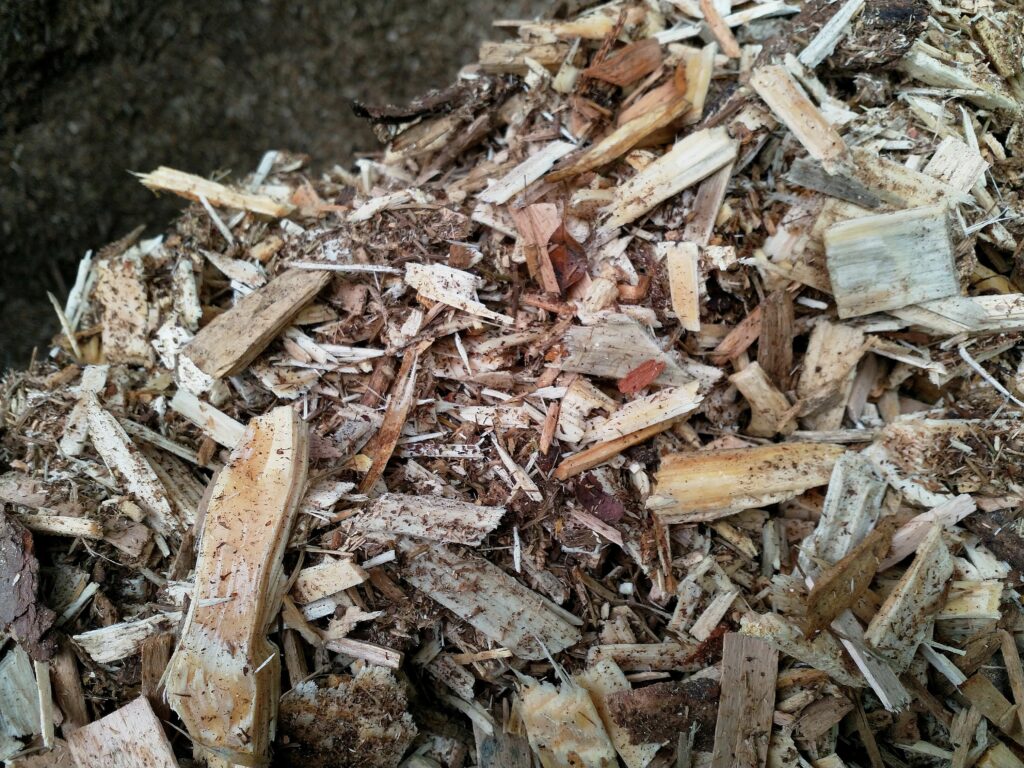
In a local heating network, several buildings are connected via pipes to a central boiler house for heat supply. This supplies the consumers with the required heat for hot water and heating. Today, this heat is generated from fossil fuels such as crude oil or natural gas. However, in order to reduce greenhouse gas emissions in the long term, regenerative energy sources in the form of wood pellets, wood chips or biogas are increasingly being used. This is much easier to implement in centrally supplied networks than when buildings are self-sufficient. Nevertheless, potential customers in many places are still skeptical about giving up patronage of their own heating systems.
Strengthening the Bavarian local heating sector
In order to increase the acceptance of regenerative local heating networks among the population, among other things, a network is now to be established to strengthen the Bavarian local heating industry in the Free State. This is possible by networking existing and potential players as well as possible new specialists in the field of local heating technology. The focus is also on communicating innovative technologies from research and the individual experiences of the participants. “Fossil building heating systems are difficult to replace with fully renewable sources. Many homeowners are reluctant to convert to pellet furnaces. However, fully renewable heat pump systems as an alternative are complex and expensive,” said Dr.-Ing. Andy Gradel. And further
Area-wide decarbonization, i.e., a reduction in carbon dioxide emissions, can be accelerated by renewable heat networks, since many consumers can be supplied with heat at the same time and without much effort in their own homes.”
Dr.-Ing. Andy Gradel
Together with Prof. Dr.-Ing. Tobias Plessing, Anton Sack and Matthias Kreuzer, Gradel is leading the project with the working title “ADerN” (Expansion and Digitization of Efficient Renewable Local Heating Networks).
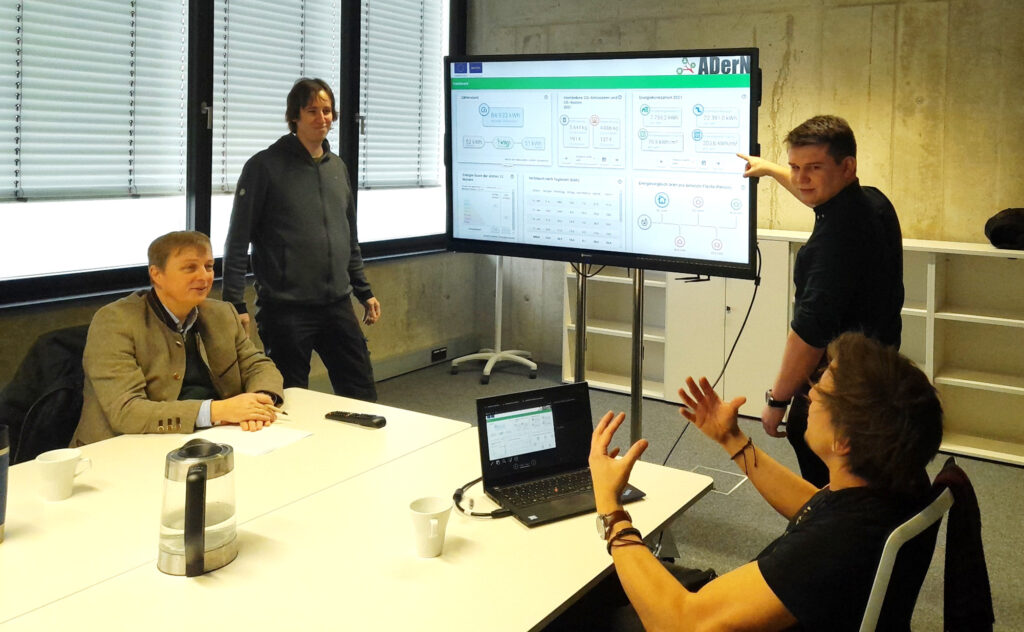
Further training of network participants
The project team, which initially consisted of four members, is responsible for the organization of regular network events and the training of interested participants. Training topics here are primarily new technical solutions that increase the efficiency of the local heating network and enable the expansion of existing networks, such as heat storage or heat generation through the use of renewable energies. Presentations are also planned on digital network controls with intelligent control strategies for more efficient operation of local heating networks. Attracting customers through digitized networks that allow connected parties in the house to view their consumption data in detail is also on the agenda
Our events are also aimed at potential operators of networks that do not yet exist. This means administrations, municipalities, public utilities, civic energy cooperatives and heat-generating companies, especially in rural areas. But mainly we want to reach and strengthen small and medium-sized enterprises in Bavaria with our project.”
Anton Sack, project team member
The acquisition of network participants is currently taking place in the first months of the project. Interested parties are therefore welcome to contact the working group (Mailing: projekt-adern@hof-university.de). For more specific topics, experts and companies are called in to pass on their know-how at the various events.
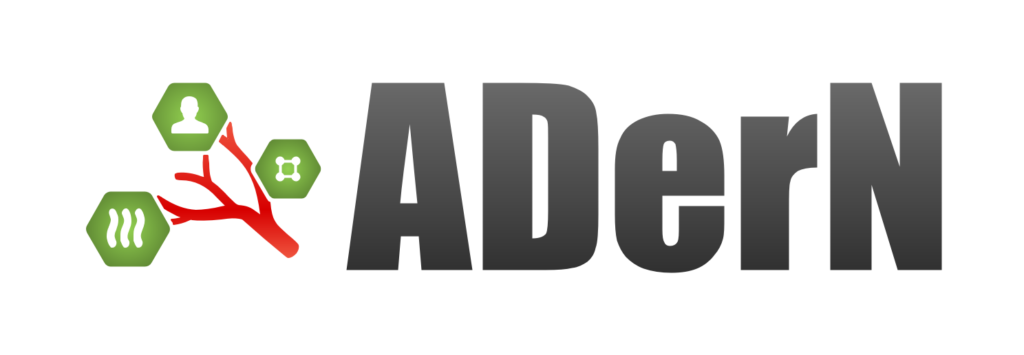
Funding by the European Social Fund
With a sum of 510,257 euros, the ADerN project (expansion and digitalization of efficient regenerative local heating networks) is supported by the European Social Fund (ESF), as part of the Union’s response to the COVID-19 pandemic. The ESF is the European Union’s most important funding instrument for combating unemployment and promoting employment. It is guided by the Europe 2020 strategy with the objectives of smart, sustainable and inclusive growth.
